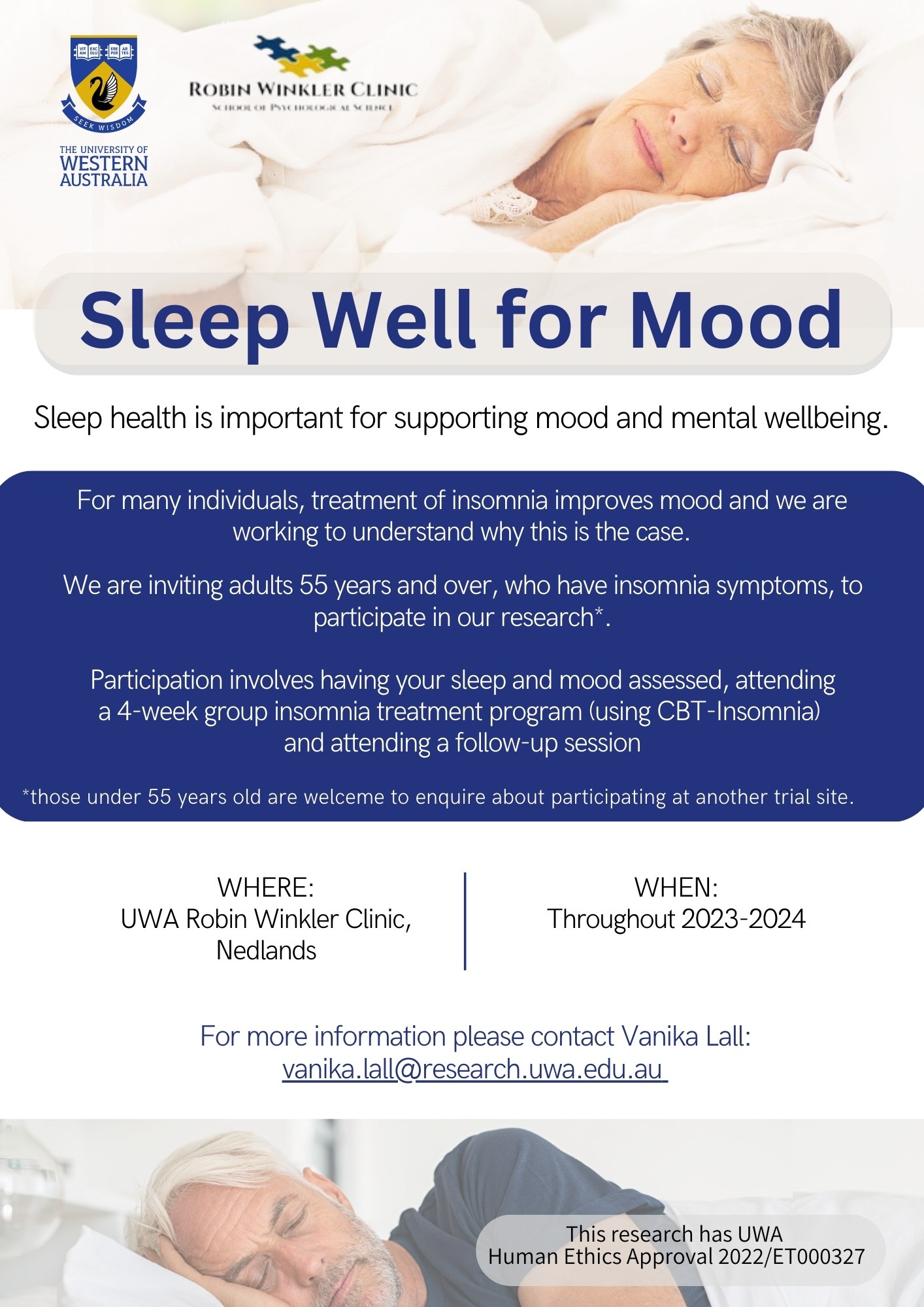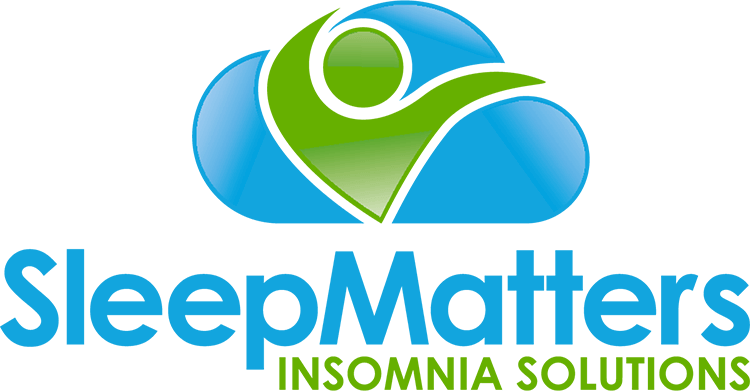
As Perth’s first behavioural sleep medicine clinic, Sleep Matters is dedicated to helping people overcome sleep difficulties and improve their overall health and wellbeing. We believe that research plays a crucial role in advancing understanding of sleep disorders and finding effective treatments for sleep-related issues.
Sleep Matters Director, Dr Melissa Ree trains and supervises the Sleep Matters team as well as holding a tenured academic appointment at The University of Western Australia where she engages in teaching and research into sleep disorder treatments.
Here are some of the key reasons why we see it as important to value and contribute to research. Don’t forget to read on to learn about some of our research projects recently published or on the go!
1. Improving Care for our Patients
Engaging in research helps us to stay up to date on the latest healthcare advances and treatments. Also by participating in research studies, we can gain a better understanding of the causes and effects of sleep disorders, and develop more effective treatments that target the root causes of these conditions. By participating in research, we can help to advance our knowledge and improve the quality of care we provide to our patients.
2. Advancing Healthcare Knowledge
By engaging in research we have the opportunity to contribute to the advancement of healthcare knowledge. Research can lead to advances in the treatment of sleep disorders such as insomnia. This knowledge can be shared with other healthcare providers and researchers, leading to further advancements in medical treatment and care. By participating in research, we can benefit not just our patients but the wider community.
3. Providing Opportunities for Patients
Participating in research studies can provide patients with opportunities to receive cutting-edge treatments that may not be available elsewhere. By offering these opportunities, clinics can provide patients with access to the latest treatments and potentially improve their outcomes.
4. Helping to drive innovation
Research drives innovation by identifying new approaches and technologies that can be used to improve patient care. By participating in research, we can help to identify areas where innovation is needed and work with researchers to develop new and innovative solutions.
Examples of research at Sleep Matters
Evaluating the effectiveness of our treatment
We’ve recently published a peer-reviewed paper that assesses the effectiveness of our Goodnight Insomnia program.
This research analysed the outcomes from 70 clients who underwent our CBT-insomnia treatment. The results demonstrate that our program is effective not just for insomnia symptoms but also for improving mood, anxiety, stress, quality of life, an daytime functioning. We’re proud to say that our results were very positive compared with previous research on CBT-Insomnia. This study was also interesting in suggesting that CBT-Insomnia works in part, by helping people to change unhelpful beliefs and expectations that they have about their sleep.
You can see the paper here:
https://www.tandfonline.com/doi/abs/10.1080/13284207.2022.2155034


Sleep Well for Mood study; calling for participants!
In collaboration with The University of Western Australia, we’re currently inviting adults to participate in an insomnia treatment study. We’re working to understand how and why insomnia treatment has an impact on symptoms of low mood. This forms part of a PhD research program at UWA.
The study is running at two locations:
i) Sleep Matters, as part of our group insomnia program (adults 18+). Please contact Sleep Matters @admin@jrpsych.com.au
ii) The University of Western Australia Robin Winkler Clinic (adults over 55 years old). Please contact Vanika.lall@research.uwa.edu.au
If you are experiencing insomnia symptoms (trouble getting to sleep or staying asleep, along with daytime fatigue) and low mood, and would like to receive a sleep assessment and treatment, we’d love to hear from you.
You might also like to check out other research work by Sleep Matters’ Daniel Bonnar, Dr Melissa Ree, and Dr Alex Metse
Blog overview